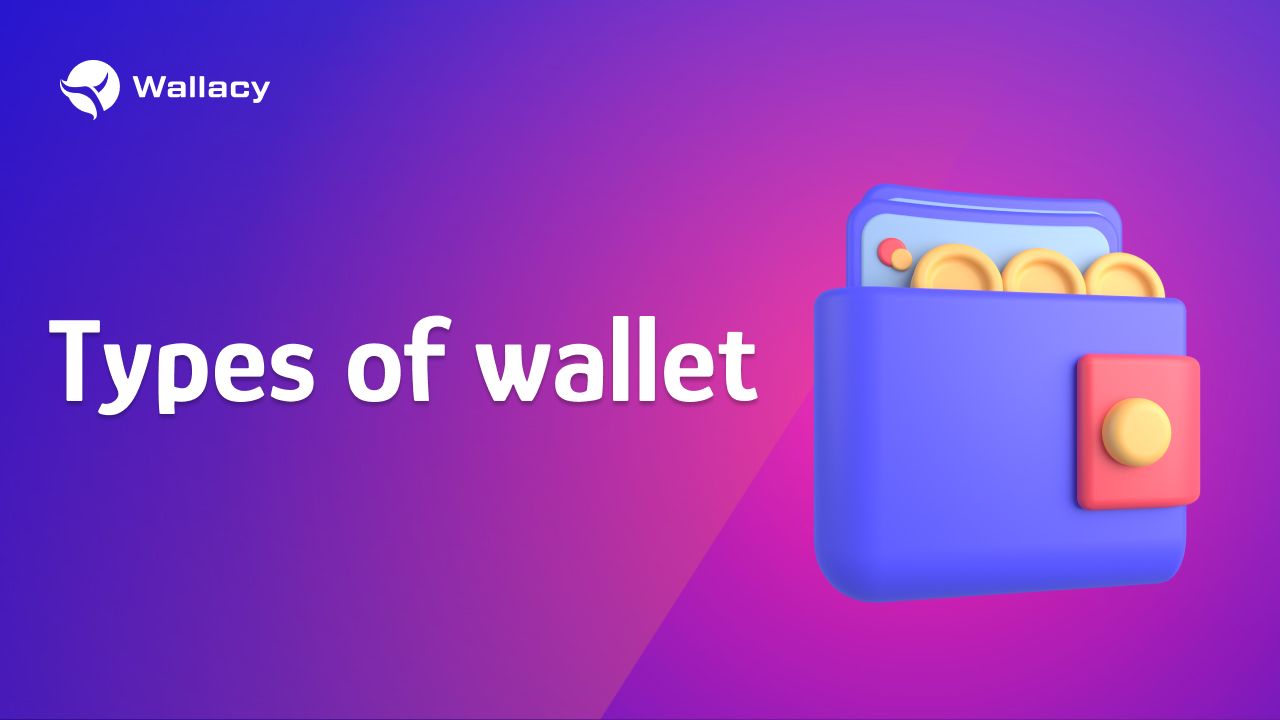Crypto Wikipedia
Search our knowledge base or browse categories below.
Types of wallet

There are several ways to classify crypto wallets, but the most common classification is based on their physical or digital nature, and whether they are custodial or non-custodial.
- Hardware wallets: These are physical devices that look like USB drives and are used to store cryptocurrency offline. They offer the highest level of security as they are immune to computer viruses and hacking attacks.
- Software wallets: These are software programs that are installed on a computer or mobile device. They can be further divided into two type:
- Desktop wallets: Installed on a computer and offer high security, but are vulnerable to malware and viruses.
- Mobile wallets: Installed on a smartphone and are convenient for making transactions on the go. They offer good security, but are generally less secure than desktop wallets.
- Web wallets: These are online wallets that are accessed through a web browser. They are convenient for making transactions from anywhere, but are considered less secure than hardware or software wallets.
- Paper wallets: These are physical documents that contain a user’s public and private keys. They are printed out and stored offline, making them less vulnerable to hacking attacks.
What is the difference between custodial and non-custodial wallets?
- Custodial wallets: These are wallets where a third-party service provider holds and manages the private keys of the user. This means that the user does not have direct control over their private keys and relies on the service provider to manage their digital assets. Examples of custodial wallets include Coinbase, Binance, and PayPal.
- Non-custodial wallets: These are wallets where the user has complete control over their private keys and manages their own digital assets. The user is responsible for storing and securing their private keys, and has full autonomy over their transactions and holdings. Examples of non-custodial wallets include Wallacy and Metamask.